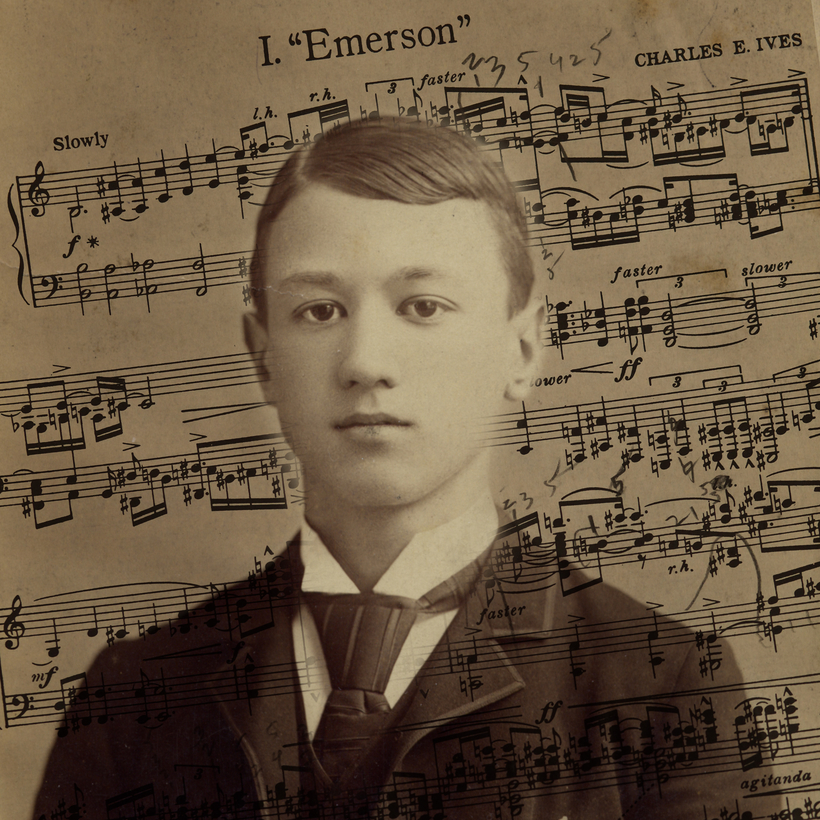An all-American sesquicentennial! How often we’ve seen our philharmonics and Carnegie Halls march in lockstep to celebrate the anniversaries of the Mozarts, the Tchaikovskys, the Three B’s. How is it that now, in lockstep, they’re ignoring the 150th-birthday year of our grand Connecticut Yankee Charles Ives, born in Danbury on October 20, 1874?
Could it be that Leonard Bernstein, who in 1951 premiered the magisterial Symphony No. 2 Ives completed a half-century before, sealed the great eccentric’s reputation when he called him “the Grandma Moses of music”? To this day, music lovers who ought to know better still think of Ives as that transformative genius of the insurance business (he pioneered estate planning) who composed on Sundays, leaving behind messy mountains of illegible manuscript.


